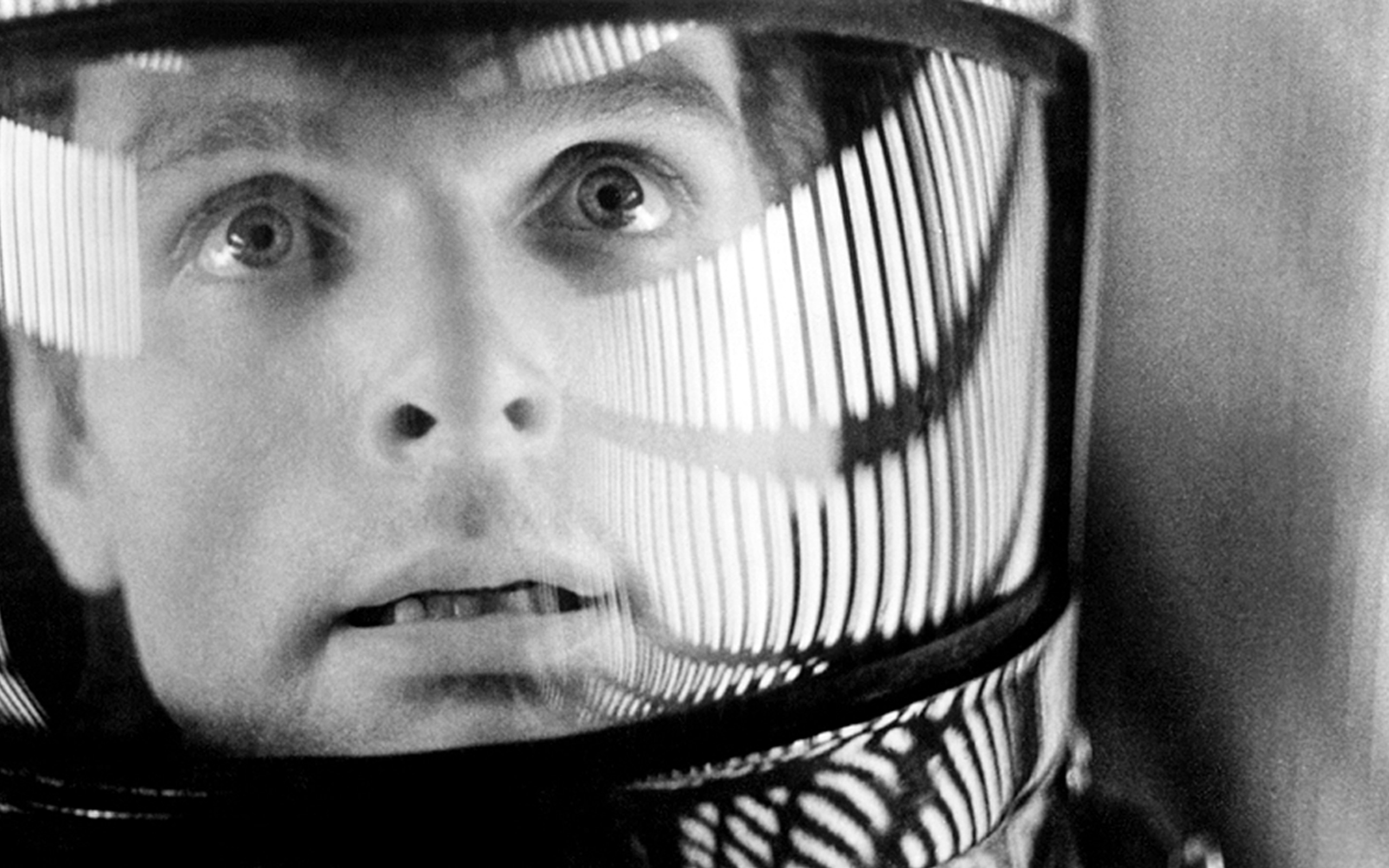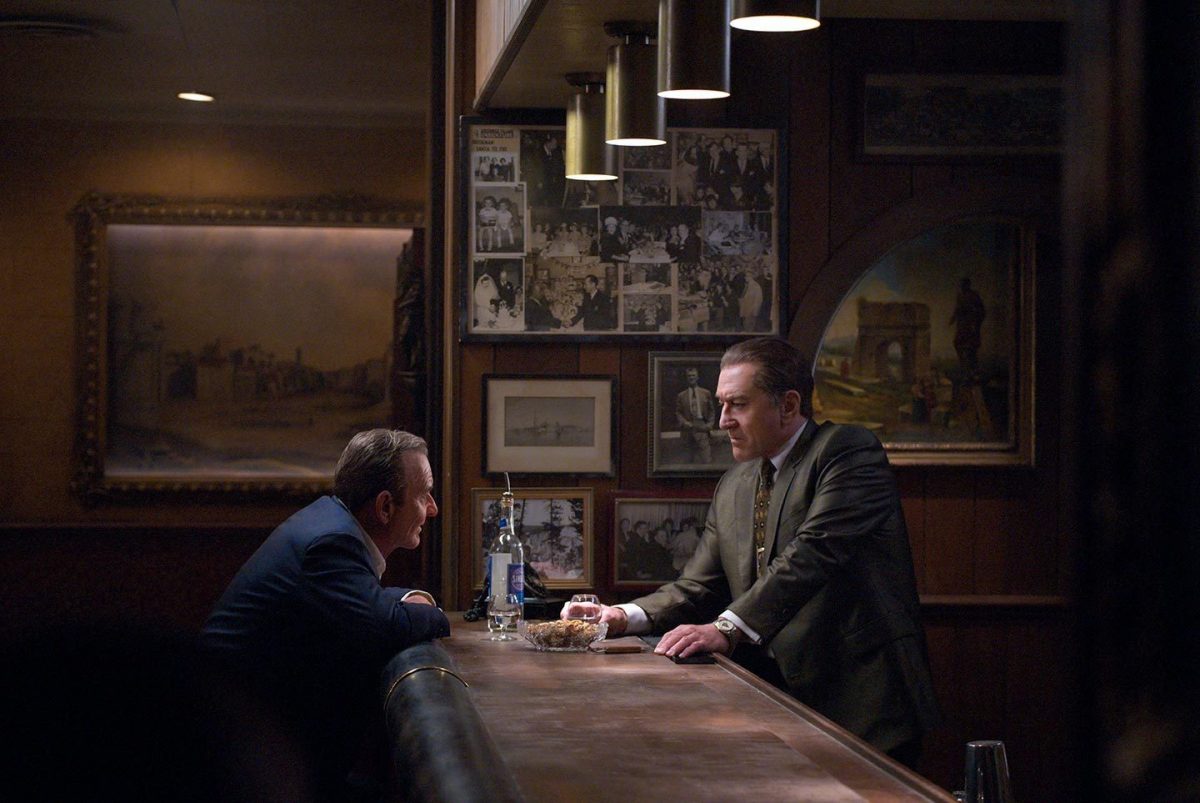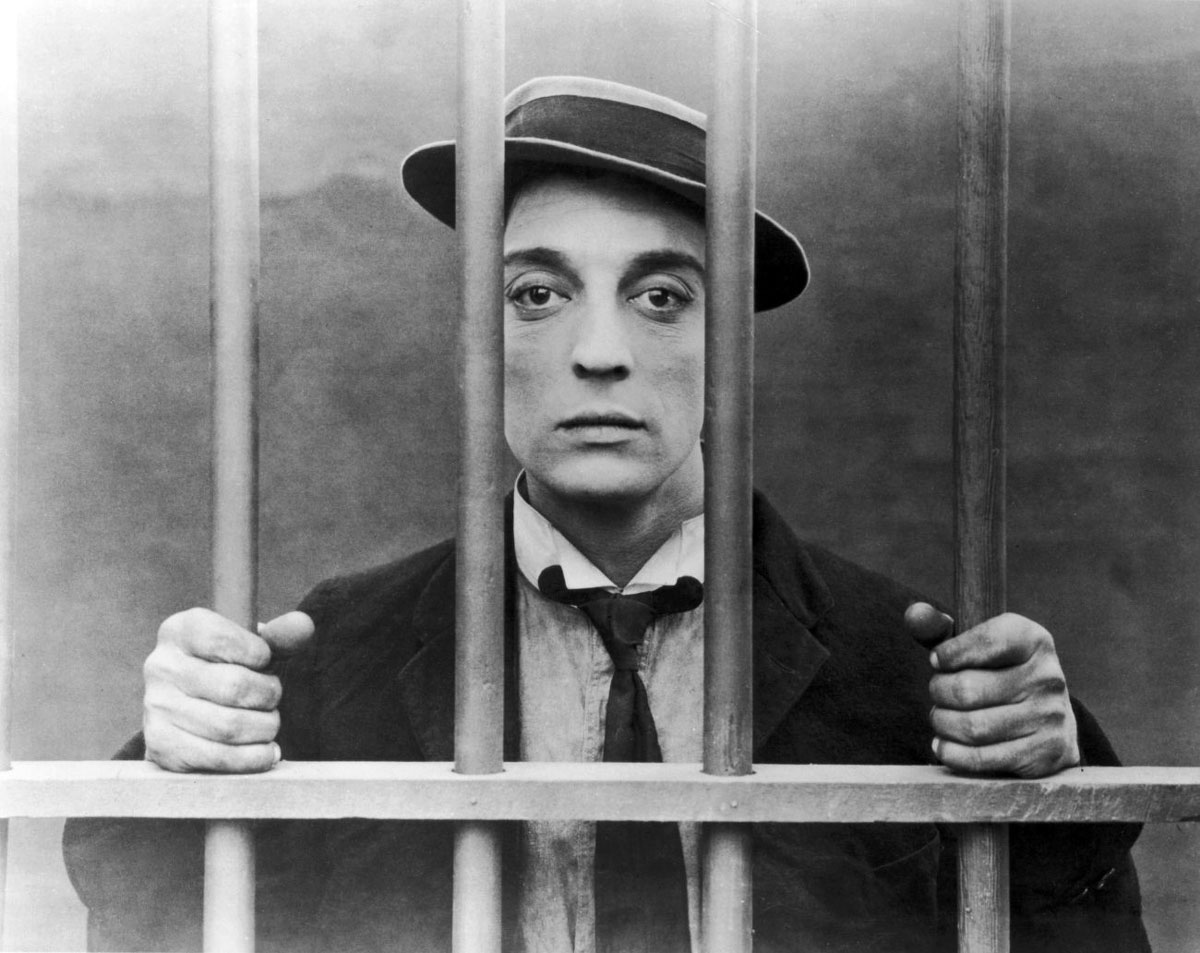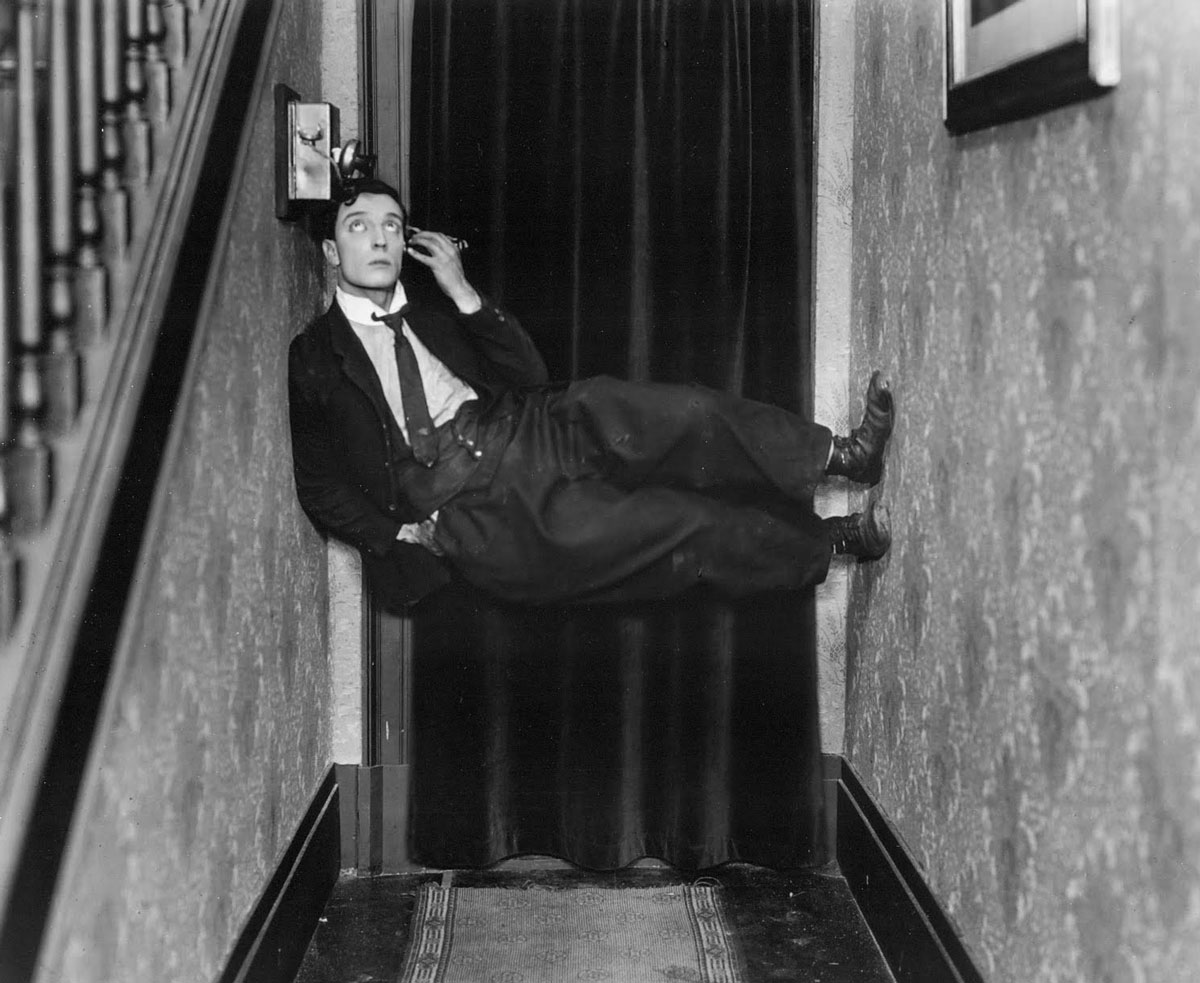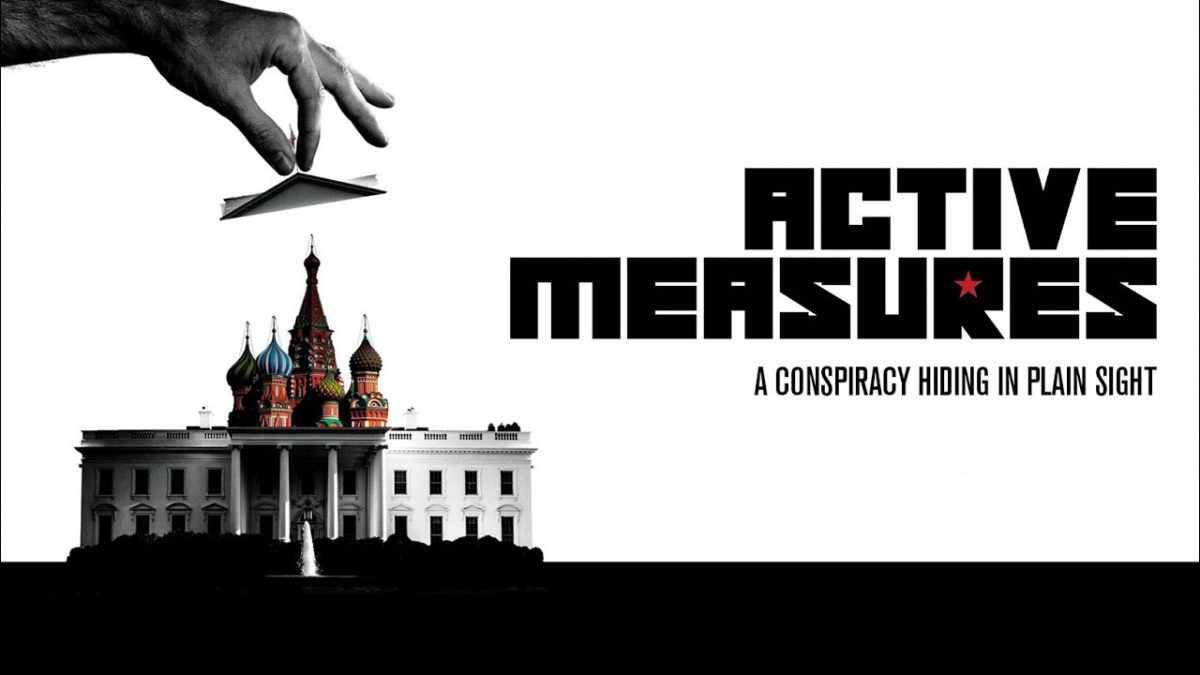
Active Measures (2018) – Transcript
The documentary film “Active Measures,” explores potential ties between President Trump and Russia. The documentary details Russia’s pattern of election interference and their motives to influence U.S. election systems.

